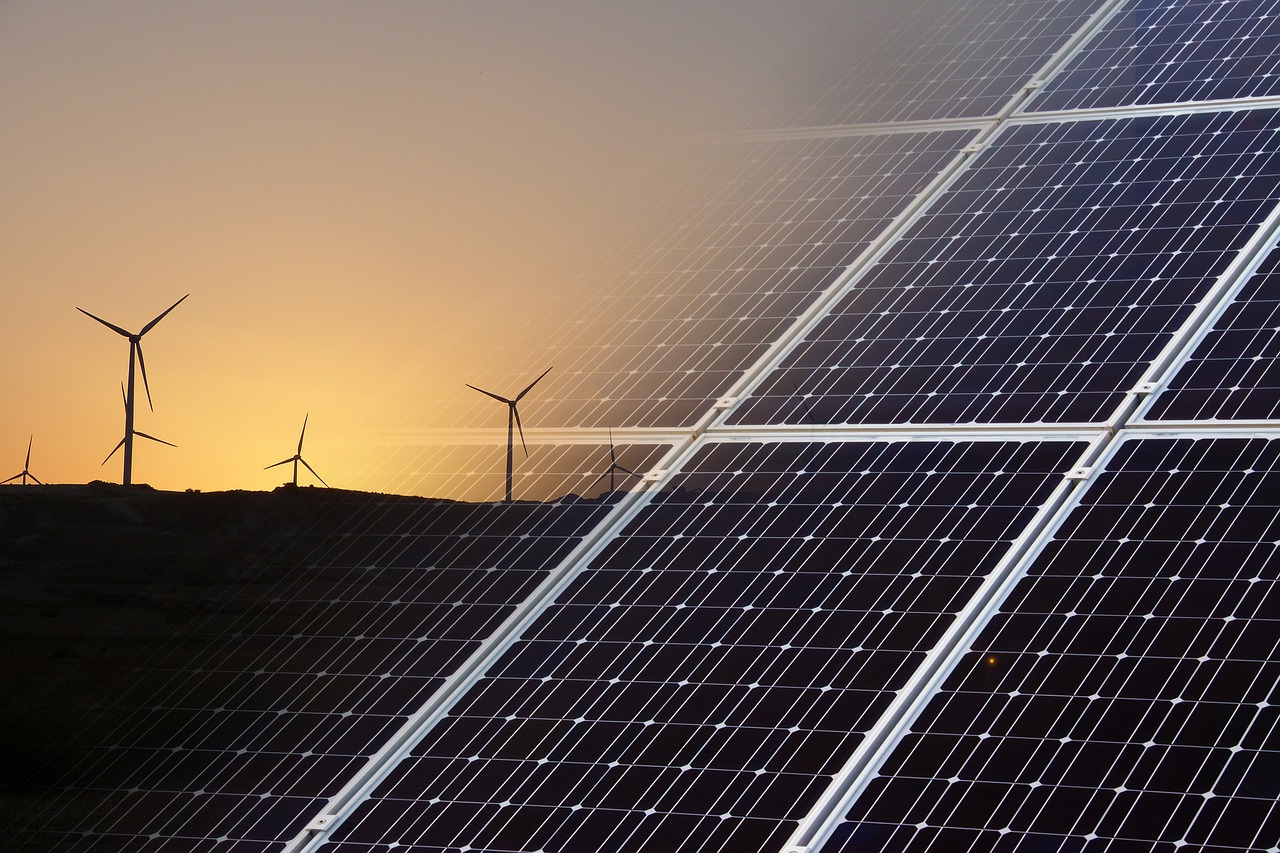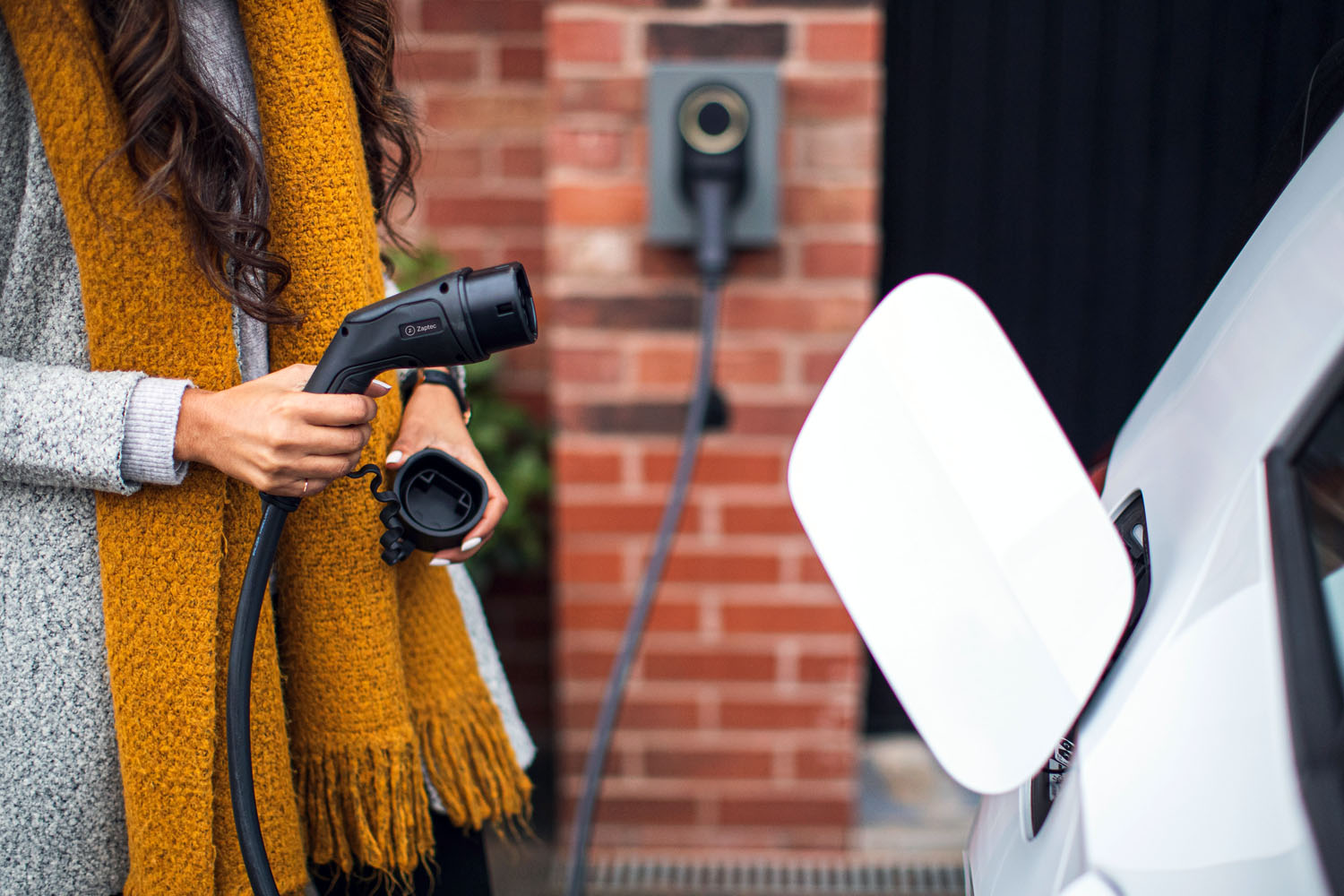The Path to Sustainability
In Hannah Ritchie’s TED Talk, “Are We the Last Generation - or the First Sustainable One?”, she examines humanity’s current environmental crossroads with both caution and optimism. Ritchie explores the complexity of our ecological crises, acknowledging the significant threats posed by climate change, habitat loss, and pollution. However, she also underscores a shift in attitudes towards sustainability, hinting that today’s challenges, though immense, are paired with unique opportunities.
Ritchie’s talk is grounded in the theme of agency—our capacity to implement change through conscious choices, innovations, and policies. She highlights how renewable energy technologies, such as solar and wind power, have become increasingly viable and affordable. As countries invest in decarbonisation and climate-resilient infrastructure, Ritchie sees encouraging trends in reducing carbon emissions and deforestation rates.
One key element of her talk is the role of sustainable agriculture in reducing environmental impact. She points out how advancements in this field, such as precision farming and plant-based alternatives, are paving the way for lower-impact food production. Ritchie emphasises that our consumption choices, specifically around food and energy, are central to achieving sustainable practices on a broad scale.
Additionally, Ritchie addresses the importance of biodiversity, highlighting efforts to conserve species and natural habitats. She is optimistic that with increased awareness and action, ecosystems can be preserved, supporting both biodiversity and human health. Her examples show that, while our environmental challenges are complex, scalable solutions exist and are already taking shape in policies and technologies worldwide.
In closing, Ritchie calls for collective action, urging individuals, businesses, and governments to take responsibility in creating a sustainable world. She asserts that this generation, through commitment and innovation, can redefine humanity’s relationship with the Earth. Her central message is clear: while we may be facing severe ecological risks, we are also uniquely positioned to become the first generation to embrace a truly sustainable future.
Electoral Commission Imprint: Promoted by D.Dell on behalf of Northamptonshire Green Party c/o 38 Waverley Rd, Kettering, NN15 6NT



